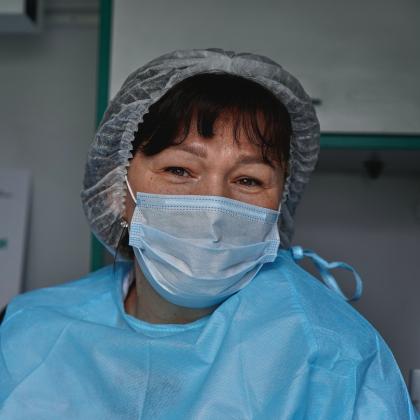Resources for professionals
When a patient dies or when we work with grieving families, we may struggle to find the right words. It can be complicated because we are faced with the family's feelings, as well as our own. Ultimately, there is no singular 'right thing' to say or do when working with bereaved families because grief is so individual. However, on this page you will find some resources and information that can serve as helpful guides as you navigate grief in your role.
Latest resources
- Communication skills
- Death of a parent or caregiver
- Infants and young children
- Death of a child
- Reflective skills
- School-age children
- End-of-Life Care
- Adolescents
- Disenfranchised grief
- Self-care
- Palliative care
- Traumatic bereavement
- Complex needs and life-limiting conditions
- Grief 101
- Perinatal loss
- Overdose
- Siblings
- Suicide
- Homicide
- Culture
Upcoming training events
Our courses
The Grief-Sensitive Healthcare Project designs and delivers trainings, workshops, and panels for healthcare professionals across the United States, equipping them with knowledge and skills so they may provide high-quality and sensitive care to grieving families.
Our courses are delivered online by members of the Grief-Sensitive Healthcare Project team. The majority of courses are 60-90 minutes and include interactive and reflective opportunities. If you have a number of people requiring training, we are happy to arrange a course specifically for your organization, either online or in person.


